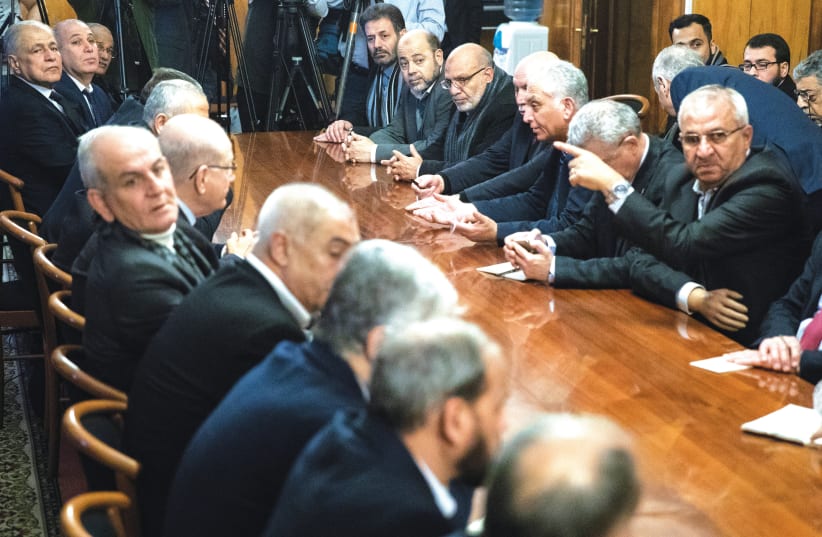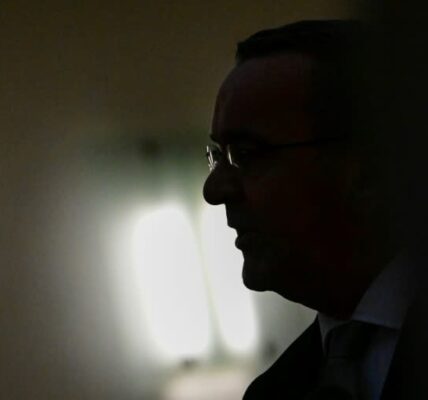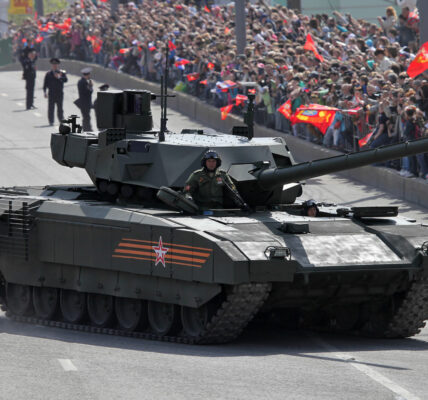All eyes turn towards Russia as it assumes the role of mediator between Hamas and Fatah.
The hosting and mediation of the 3-day talks by Russia’s envoy for the Middle East and Africa, Mikhail Bogdanov, which began on 29 February are of significant note, with Russia seemingly capitalising on its perceived successes in Ukraine to extend its influence in the Middle East.

The announcement of a meeting between Hamas and Fatah representatives in Moscow signifies a pivotal moment, not just for Palestinian politics but for the broader dynamics of the Middle East.
Also in attendance, alongside Hamas and Fatah, is the Palestinian Islamic Jihad (PIJ) as well as various Palestinian political forces operating in different Middle Eastern countries of the region primarily Syria and Lebanon.
Main Palestinian Political Factions

(Source – ISPI Elaboration)
The meeting, which kicked off on Thursday, aims to deliberate on the establishment of a unified Palestinian government and the reconstruction of Gaza, marking a crucial phase in Palestinian national aspirations.
Speaking at the United Nations General Assembly (UNGA) in New York earlier this week, during a debate commemorating the two-year anniversary of Russia’s invasion of Ukraine, Israeli ambassador Erdan said, “this meeting in Moscow is a result of something more dangerous.”
He expressed concern about the broader implications of the meetings in Moscow, which he cautioned signify a deepening of Russia’s connections with global forces that contribute to destabilisation.
“Russia is one of the only places outside of the Middle East where Hamas terrorists and Houthi Jihadists are given the red-carpet treatment, even after October 7,” Erdan said.
Russia’s involvement as “peacemaker”, not only underscores its increasing ambition to exert power and expand influence in the Middle East (particularly with those not aligned with Western views), but also serves Putin’s propaganda needs ahead of his upcoming re-election.
The Hamas run terrorist group that rules the Gaza strip does not recognise Israel, vowing to annihilate it, setting out to achieve a radical Islamic state through its military wing.
In contrast, Fatah is a prominent Palestinian political party and the main faction within the Palestine Liberation Organization (PLO). Throughout its history, Fatah has pursued Palestinian statehood through negotiations and diplomatic channels.
Fatah holds dominance in both the PLO and the PA, established in the West Bank after the Oslo Accords in 1993.
However, the PA faces public dissatisfaction due to perceived corruption and a failure to ensure security in the face of Israeli military actions. The US is urging reform in the PA.
The unfolding talks take place against the backdrop of a complex tapestry of regional politics, internal Palestinian divisions, and the aftermath of conflict.
The abrupt resignation of Palestinian Prime Minister Mohammad Shtayyeh just days before the meeting indicates a political shake-up aimed at consolidating support for the Palestinian Authority, responding to the war’s pressures and emphasising the need for a united front against external pressures and the reconstruction of the war-ravaged area.
Speaking on his expectations for the Moscow talks, Palestine’s Foreign Minister Riyad al-Maliki said, “We hope that there might be good results in mutual understanding between all factions about the need to support such a technocratic government that will emerge,” emphasising the aspiration for a government capable of navigating the complex political landscape.
However, given previous failed negotiation attempts between the factions, uncertainties remain over achieving any real meaningful progress.
Russia’s effectiveness in mediating between Hamas and Fatah and influencing Israeli-Palestinian relations will depend on its ability to navigate regional alliances, rivalries, and interests.
The Moscow talks are portrayed as more than mere meetings between Palestinian factions; they serve as a microcosm reflecting the shifting geopolitical currents in the Middle East. The outcomes could have substantial implications not only for Palestinian unity and Gaza’s future but also for the regional balance of power.
While the Moscow meeting offers hope for Palestinian unity and the reconstruction of Gaza, it also highlights the intricate interplay of regional politics, internal divisions, and international diplomacy.
The inclusion of Russia as a mediator adds a layer of geopolitical intrigue, hinting at a potential realignment of forces in the Middle East.
As these talks progress, the world will be watching closely, recognising that the stakes extend far beyond than just the immediate concerns over Palestinian governance to encompass the broader dynamics of power and influence in the region.



















































































































































































































